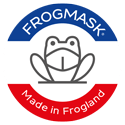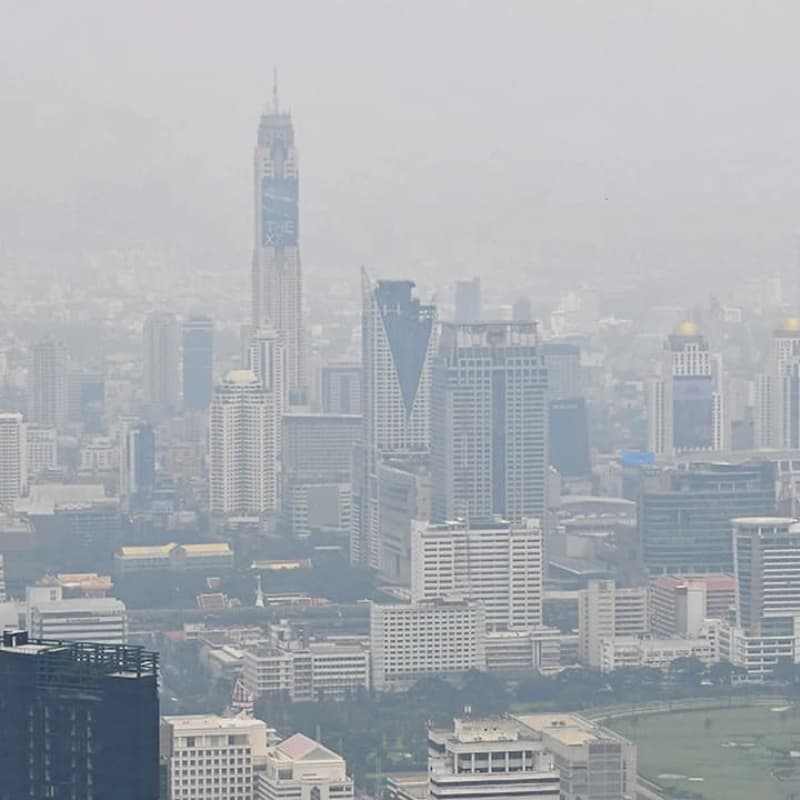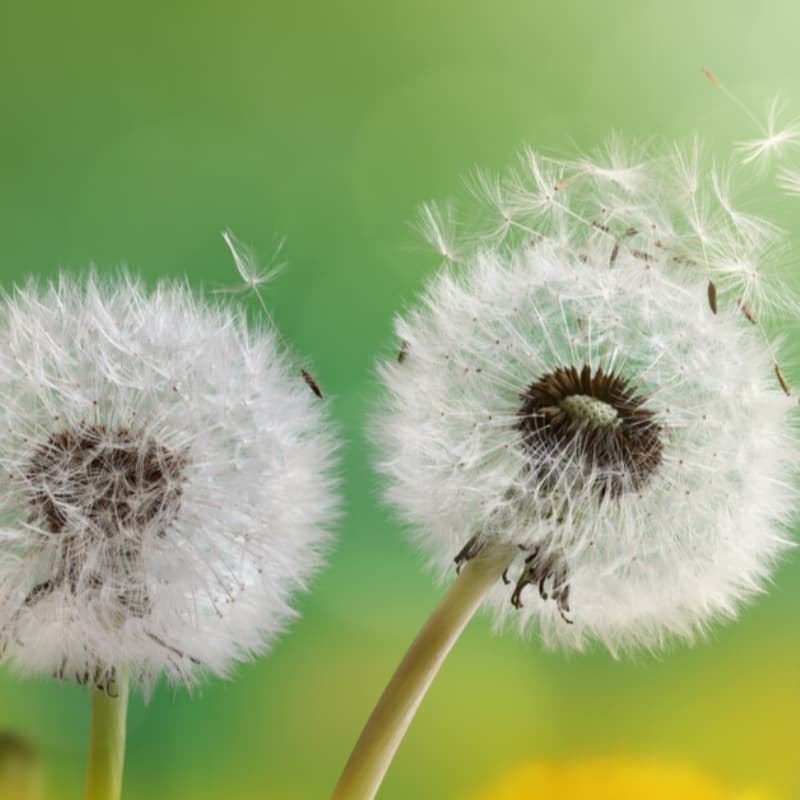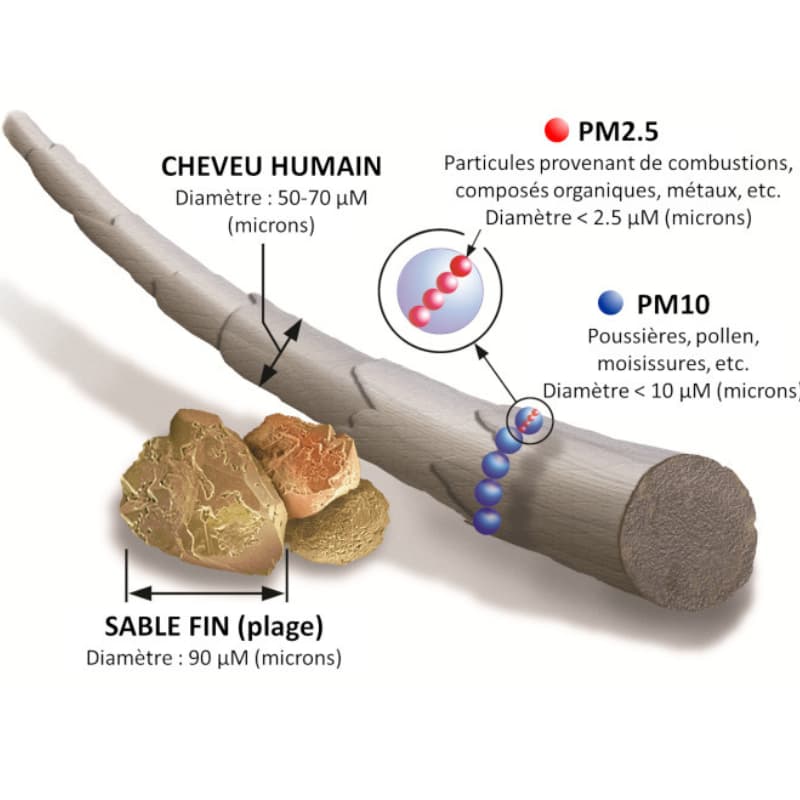It is difficult to give an average pollution level for Asia because air pollution varies greatly from place to place. It depends on many factors, such as proximity to pollution sources, weather conditions and traffic levels. Some region of Asia have very high levels of air pollution, particularly in China's major cities, while other areas have relatively little pollution.
If you are traveling in Asia and if you are sensitive to air pollution, it is recommended to check the air pollution levels before leaving. Also take the necessary precautions to protect your health, by wearing an anti-pollution mask and avoiding sports, cycling and outdoor activities during pollution peaks when the concentration of pollutants and fine particles is the highest. Let's see which respiratory mask is needed to travel in Asia?
Where can I find out about pollution levels in Asia?
There are many applications to track air quality city by city in real time anywhere in the world. Load one onto your smartphone before you leave. Find out more before you leave and buy your anti-pollution mask in France, in the size adapted to your face, to be sure to be well equipped with filters that meet the European standard. There are many fake products without filtration standards at very low prices in Asia.

A Study conducted by Berkeley Earth, an American NGO specializing in the analysis of climatic phenomena, indicates that breathing one day in Beijing on a day of peak pollution (there are very often) would be equivalent to smoking between 25 and 40 cigarettes! Another completely crazy figure, air pollution also kills 4,000 people per day. The analysis of their readings in 1,500 places over 4 months shows that 92% of the population breathed unhealthy air during the study period and that 38% of Chinese people breathe stale air permanently. A real public health problem worse than Covid!
Environmental associations even speak of an "airpocalypse" when these phenomena last for several days and exceed by 40 times the rate of fine particles present in the air per 24 hours accepted by the WHO.
Which mask for traveling to Asia?
Wearing a so-called "paper" surgical mask is not enough to protect yourself from pollution because they have no filtration standards. They are only good for protecting yourself from diseases transmitted by droplets in public places, especially in places where there are a lot of people, such as public transport, shopping malls and markets, that's already something!
It is recommended to wear an anti-pollution mask to protect your health. In the event of a pollution peak, it is better to keep it on your face at all times, all day long. Masks equipped with FFP2 or KN95 filters are considered to be the most effective for providing good protection against airborne particles, dust, but also viruses and other respiratory infections.
Avoid masks with plastic valves as they do not protect against viruses as exhaled air is not filtered.
Frogmask masks, the best value for money
Frogmask anti-pollution masks, made in France, and equipped with FFP2 filters are perfectly suited to protect against both viruses and fine particles. They are easy to install behind the neck, ultra-light for sustained use and equipped with two nasal rods to limit the formation of fog on the glasses. Indeed, the hot air exhaled through the mouth does not rise up the nose to create condensation on the glasses. Available in a single model but in 5 colors and 3 sizes, they provide a perfect seal all around your face whatever your morphology so that a maximum of inspired air passes through the filter and not through the sides. An FFP2 filter filters a minimum of 94% of particles up to a size of 0.4µm.
They were designed for cycling and motorcycling because cyclists and motorcyclists have been used to wearing masks since well before Covid. Wearing a quality protective mask like Frogmask is not a superfluous accessory in the middle of traffic where pollutants are most concentrated. Like using a helmet, the protective mask for cycling or motorcycling is one of the essential accessories. Opinions are unanimous on this pollution-filtering product!
The price of a mask is 39 euros. It is very well placed on the market with a one-year warranty and a filter included. The lifespan of an FFP2 filter is 2 to 3 weeks depending on the level of pollution. How do you know when to change the filter? As soon as it is dirty, don't wait until it is black as coal! Additional Filters are sold separately at a price of 28 euros for a pack of 10.




